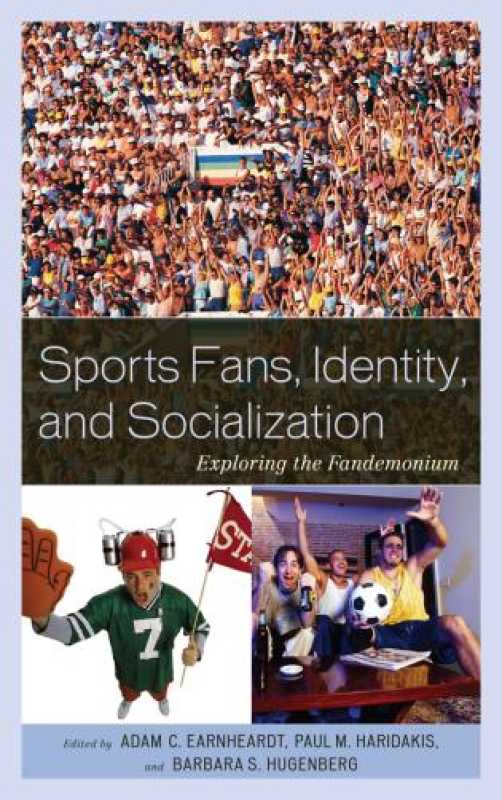Features
The Sociology Of Sports: Impact On Communities And Identities

Sports play a significant role in shaping communities and influencing individual and group identities. From small local teams to international tournaments, the sociology of sports encompasses various aspects that contribute to the social fabric of society. This article explores the profound impact that sports have on communities and the ways in which they shape individual and collective identities.
Building Communities
Sports have a unique capacity to bring people together and foster a sense of belonging within communities. Whether it’s a local basketball team or a national football league, sports provide a common ground for individuals to connect, collaborate, and support one another. In many cases, communities rally around their local teams, creating a strong sense of pride and unity. This communal experience strengthens social bonds and encourages social interactions, leading to the development of strong and vibrant communities.
Furthermore, sports often serve as a catalyst for community development projects. The construction of sports facilities and stadiums not only provides a venue for sporting events but also serves as a space for various recreational activities and social gatherings. These shared spaces become focal points for community engagement, allowing individuals from diverse backgrounds to come together and interact, fostering social cohesion.
Forming Identities
Sports also play a significant role in shaping individual and group identities. For athletes, sports can become a central aspect of their self-identity, shaping how they perceive themselves and how others perceive them. Athletes often develop a strong bond with their sport, embodying the values and characteristics associated with it. Achievements and success in sports can enhance an individual’s sense of self-worth and confidence, influencing their overall identity formation.
Similarly, sports can shape group identities through team allegiances and fandom. Fans often identify themselves with certain teams or sporting franchises, creating a sense of belonging to a particular group. This group identity can extend beyond geographical boundaries, with fans from different regions or nations uniting under a shared passion for their team. The formation of these group identities contributes to a sense of solidarity and collective pride, strengthening social cohesion within communities.
Influencing Social Norms
Sports have the power to influence social norms and challenge existing societal norms. Through progressive actions and advocacy, athletes and sports organizations can bring attention to pressing social issues, such as racism, gender inequality, and homophobia. These actions not only shed light on social injustices but also inspire broader conversations and promote societal changes.
For instance, athletes using their platform to raise awareness about important causes can inspire others to join the fight for social justice. The solidarity exhibited by sports teams and athletes can mobilize communities to actively work towards creating a more inclusive and equitable society. By addressing systemic issues through sports, communities can become agents of change, promoting social progress and challenging oppressive norms.
Conclusion
The sociology of sports highlights the profound impact that sports have on communities and individual and group identities. They bring people together, foster a sense of belonging, and create strong communities. Through the formation of individual and group identities, sports shape how we perceive ourselves and others. Additionally, sports can challenge societal norms and drive social change. Understanding the sociological aspects of sports helps us appreciate the transformative power that sports have in shaping our communities and identities.










